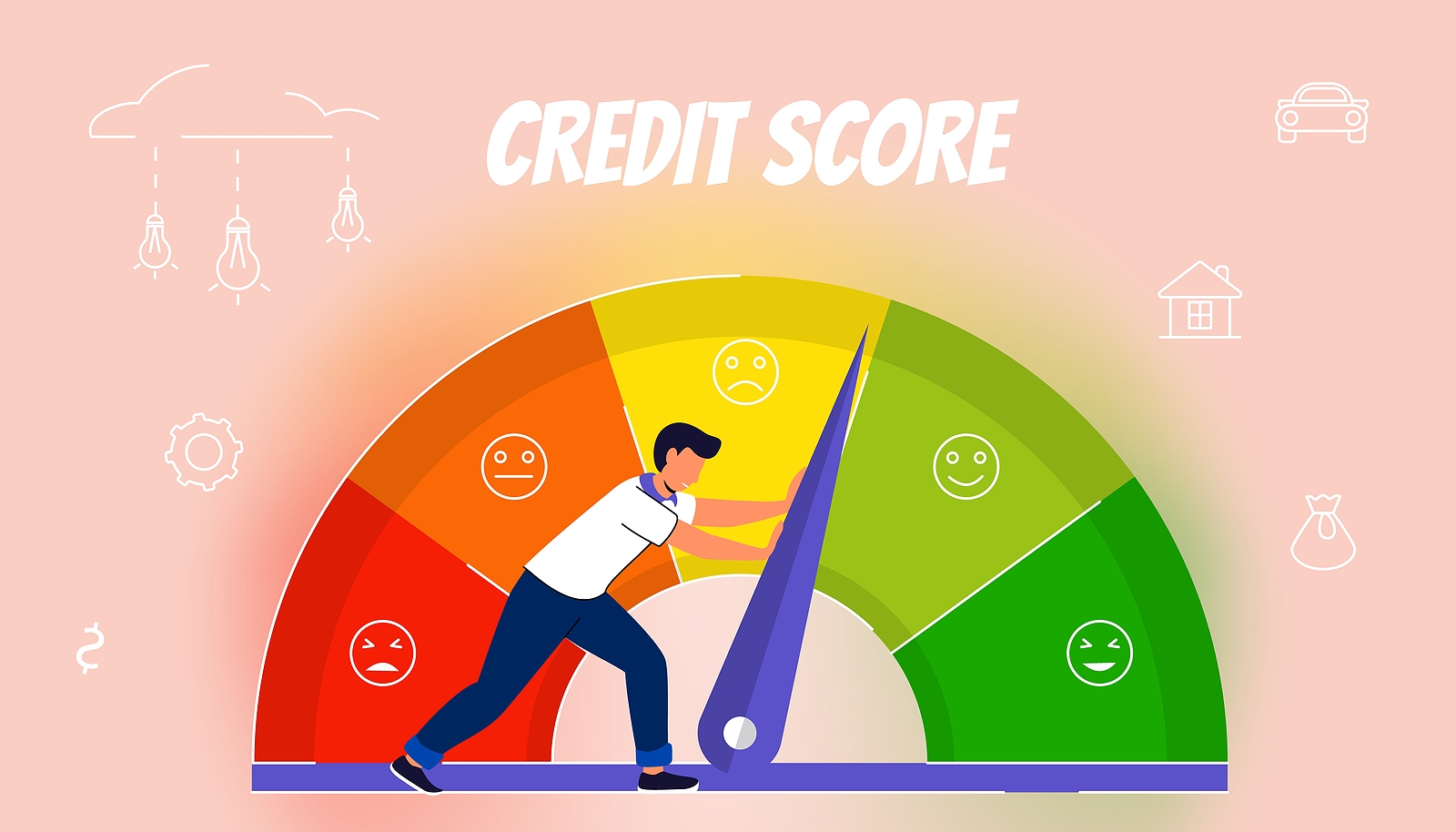Think finding the perfect home is the is the most important step in the homebuying process?
Think again.
It’s the financial aspects of the process that will determine how dreamy of a home you can buy and how you can comfortably pay for it every month.
The bedrock of these aspects is your credit score. Sadly, many Americans have little to no understanding of how vital this score is to your success when buying a home, an auto and even in the purchase of insurance.
If you’re trying to figure out how to raise your credit score, it’s important to understand what impacts it, both negatively and positively.
- Late payments show up so quickly on credit reports it’s as if the bureaus are standing over our shoulders when we write the check, or go online, to pay a bill. In all fairness, the experts at Equifax.com say that average time period from late payment of a bill to this information being reported to the credit bureaus is 30 days.
Which is a bit scary, because “Even one late payment can cause credit scores to drop,” according to these same experts.
To top it off, each time you make a late payment, and it ends up in your credit report, it will remain there for seven years.
The moral of this story is to pay your bills on time every month.
- Closing credit card accounts that you no longer use may seem like a good way to help build your credit score. It’s not.
This is because one of the factors used to determine your credit scores is your “debt-to-credit” ratio. “That ratio is how much of your available credit you’re using compared to the total amount available to you,” say the pros at Equifax.com.
When you close an account you’ll end up with less available credit, raising your ratio.
Consider as well that older accounts have more clout than newer ones. “The history of your credit accounts makes up 15% of your FICO Score,” according to Lora Shinn at LendingTree.com.
“So that credit card you opened 15 years ago may well be helping to boost your credit score by increasing your average age of accounts,” she concludes.
- Opening new credit card accounts seems like it would give you a leg up on a credit score, but it will do the opposite.
Opening new credit card accounts “… may impact your credit scores in two ways: the hard inquiries resulting from those applications … and the new accounts themselves may lower the average age of your credit accounts,” caution the pros at Equifax.
- Not utilizing the credit you have may have a negative impact on your score; yet another factor that seems counterintuitive to many. If you don’t use a credit account, no new information is reported by the bureaus. This, in turn, “… may make it more difficult for lenders and creditors to evaluate your application for credit or services,” according to the credit experts at Equifax.com.
If the inactivity goes on for a certain amount of time, the creditor may close the account. As mentioned earlier, a closed account may have a negative impact on your credit score.
Use your credit accounts, especially for small purchases, and pay the bills when due.
- You’re entitled to a free copy of your credit reports every 12 months. It’s important to take advantage of this offer if you hope to keep track of your credit score. Go to annualcreditreport.com (the only source authorized by the federal government) for the details.






